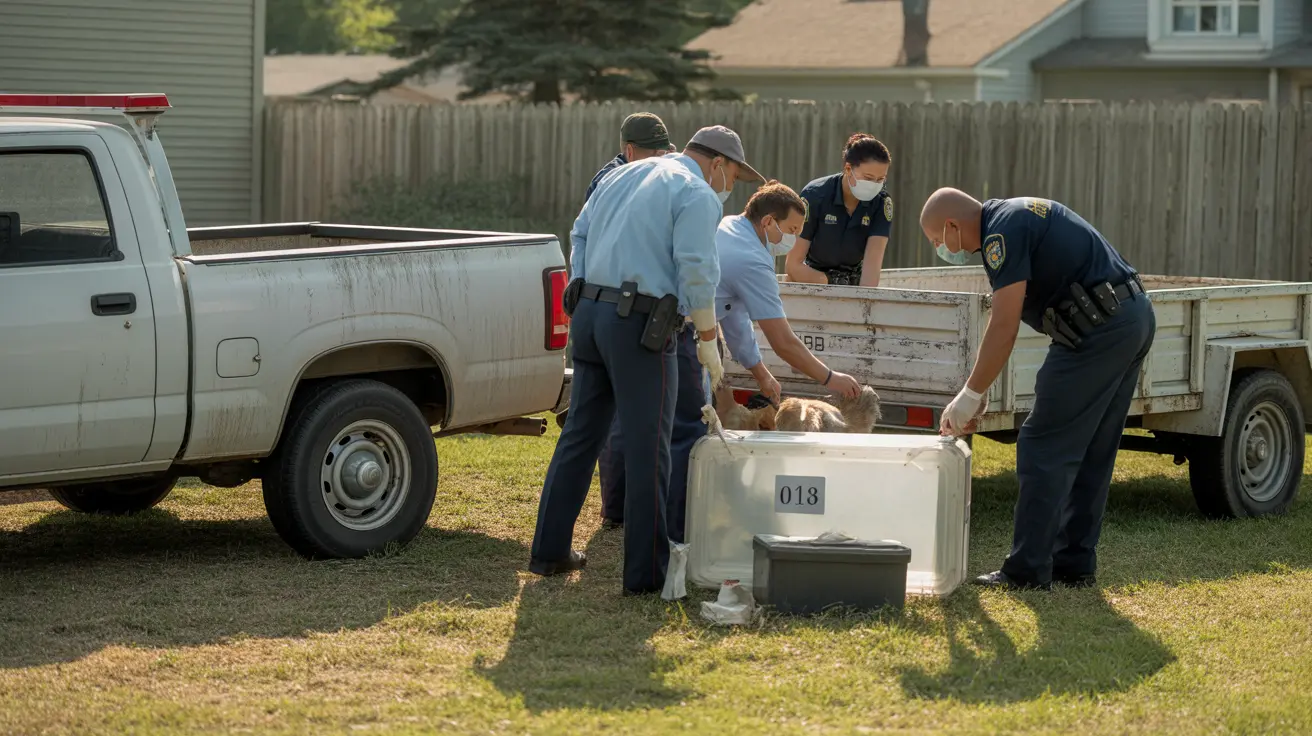As a pet owner, you might wonder if sharing walnuts with your furry friend is safe. While these nuts are packed with nutrients beneficial for humans, the answer regarding dogs is clear: walnuts pose significant risks to canine health and should be avoided. Let's explore why these nuts can be dangerous for dogs and what you need to know to keep your pet safe.
Understanding the risks associated with feeding walnuts to dogs is crucial for responsible pet ownership. From digestive issues to potentially life-threatening complications, the dangers far outweigh any potential nutritional benefits.
Types of Walnuts and Their Specific Dangers
Not all walnuts pose the same level of risk to dogs, but none are considered safe for canine consumption. English walnuts (Juglans regia) are less toxic than their black walnut counterparts but still present significant health risks. Black walnuts (Juglans nigra) contain specific compounds that are highly toxic to dogs and can cause severe reactions even in small amounts.
Major Health Risks for Dogs
Digestive Issues and Pancreatitis
Walnuts are extremely high in fats, which can trigger severe digestive upset in dogs. This high fat content may lead to acute pancreatitis, a painful and potentially life-threatening condition that requires immediate veterinary attention.
Toxic Mold Exposure
Perhaps the most dangerous aspect of walnuts is their susceptibility to mold growth. These nuts can harbor tremorgenic mycotoxins, particularly when they've been stored improperly or collected from the ground. These toxins can cause severe neurological symptoms in dogs, including tremors, seizures, and even death.
Physical Hazards
The size and shape of walnuts present significant choking risks, especially for smaller dogs. Additionally, both the nut and shell can cause intestinal blockages, which may require emergency surgery to resolve.
Warning Signs of Walnut Toxicity
If your dog has consumed walnuts, watch for these symptoms:
- Vomiting and diarrhea
- Lethargy or restlessness
- Muscle tremors or weakness
- Elevated body temperature
- Seizures or convulsions
- Loss of coordination
- Excessive drooling
Prevention and Safe Alternatives
Instead of walnuts, consider these safer treat options for your dog:
- Small pieces of plain, cooked chicken
- Dog-specific dental treats
- Carrots or apple slices (without seeds)
- Commercial dog treats formulated for optimal canine health
Emergency Response Protocol
If you suspect your dog has eaten walnuts, particularly black walnuts or moldy ones, don't wait for symptoms to appear. Contact your veterinarian immediately or call the Pet Poison Helpline. Quick action can be crucial in preventing serious complications.
Frequently Asked Questions
Can dogs safely eat English walnuts, or are all walnuts harmful to them?
While English walnuts are less toxic than black walnuts, they're still not safe for dogs. All walnuts pose risks including digestive issues, potential mold toxicity, and choking hazards. It's best to avoid feeding any type of walnut to dogs.
What are the signs and symptoms of walnut poisoning or toxicity in dogs?
Signs include vomiting, diarrhea, lethargy, muscle tremors, seizures, and loss of coordination. Severe cases may show elevated body temperature, excessive drooling, and neurological symptoms requiring immediate veterinary care.
Why are black walnuts particularly dangerous for dogs compared to other types of walnuts?
Black walnuts contain specific compounds that are highly toxic to dogs, causing more severe reactions than other varieties. Additionally, they're more likely to harbor dangerous molds and can cause serious neurological symptoms even in small amounts.
What should I do if my dog accidentally eats walnuts or shows symptoms after walnut ingestion?
Contact your veterinarian or Pet Poison Helpline immediately. Don't wait for symptoms to develop, especially if black walnuts or moldy nuts were consumed. Quick medical intervention can prevent serious complications.
What are safer nut alternatives that I can feed my dog as treats?
Plain, unsalted peanuts (not peanut butter with xylitol) and cashews in very small amounts are safer options. However, it's best to stick with treats specifically formulated for dogs rather than any nuts, as even safe alternatives should only be given in strict moderation.
Remember, when it comes to your dog's health, it's always better to err on the side of caution. While walnuts might be a healthy snack for humans, they're simply not worth the risk for our canine companions.






